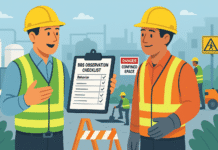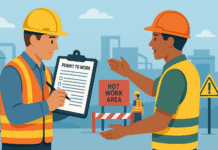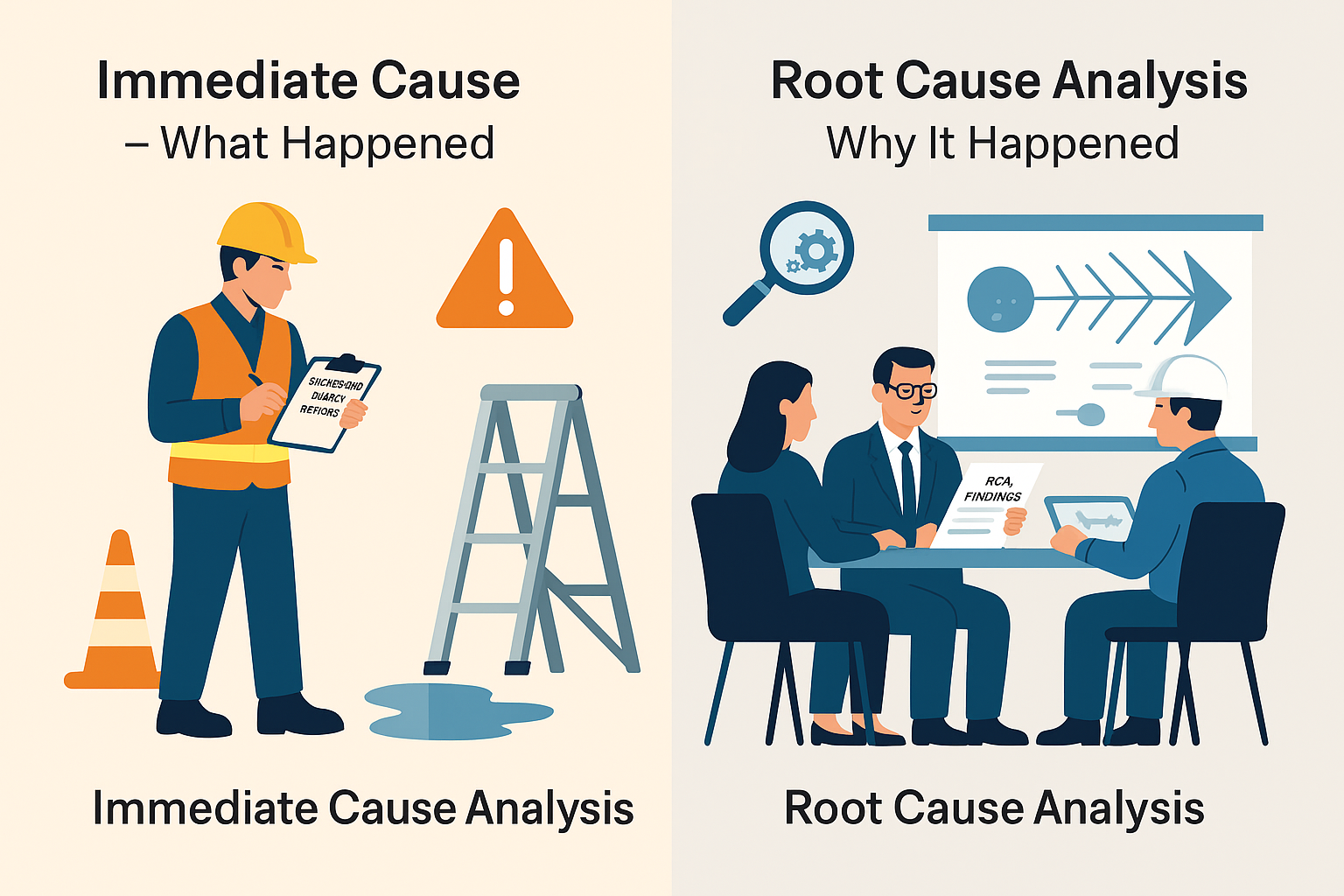
Interview Question: How do you prioritize tasks and manage your time? How To Answer
When responding to the interview question, “How do you prioritize tasks and manage your time?” it’s crucial to convey your organizational skills, time management strategies, and ability to handle multiple responsibilities effectively. Here’s a guide on how to structure your response:
- Outline Your Approach:
- Begin by outlining your general approach to task prioritization and time management.
- Emphasize Importance and Urgency:
- Discuss how you differentiate between tasks based on their importance and urgency.
- Utilize To-Do Lists:
- Highlight your use of to-do lists as a practical tool for organizing and prioritizing tasks.
- Set Clear Goals and Deadlines:
- Discuss your habit of setting clear goals and deadlines for each task to create a sense of accountability.
- Adaptability and Flexibility:
- Emphasize your ability to adapt to changing priorities and unexpected challenges.
- Avoiding Multitasking:
- Acknowledge the importance of avoiding multitasking to maintain focus and quality in your work.
- Time Blocking and Batch Processing:
- If applicable, mention any specific time-blocking techniques or batch processing strategies you use.
- Reflect on Results:
- Conclude by mentioning how your time management practices have resulted in successful project completions or improved productivity.
Remember to tailor your response based on your own time management techniques and experiences, providing specific examples that demonstrate your effectiveness in handling tasks and meeting deadlines.
Interview Question: Can you tell me a little about yourself? How To Answer
ARAMCO HSE Interview Questions and Answers
ADNOC HSE Interview Questions and Answers
Height Work Permit Questions and Answers
Hot Work Permit Questions and Answers
Below are sample answers for both a fresher and an experienced candidate responding to the interview question, "How do you prioritize tasks and manage your time?"For a Fresher:
“As a recent graduate entering the field of safety, I recognize the importance of effective task prioritization and time management. While I may not have extensive work experience, I have developed strong organizational skills through academic projects and internships. I typically start by creating a to-do list, outlining the tasks based on their urgency and importance.
In order to prioritize effectively, I use a systematic approach, considering deadlines, project timelines, and the potential impact of each task on overall safety objectives. This helps me allocate my time efficiently and ensures that critical tasks are addressed promptly. I am also open to learning new time management techniques and adapting my approach as I gain more experience in the field.”
For an Experienced Candidate:
“With several years of experience as a Safety Officer, I have honed my task prioritization and time management skills to ensure the effective execution of safety protocols. My approach involves a combination of strategic planning, goal-setting, and flexibility to adapt to changing priorities.
I begin by assessing the urgency and importance of each task, considering factors such as regulatory compliance, project timelines, and the potential impact on safety outcomes. I maintain a comprehensive schedule, utilizing tools like to-do lists and project management software to keep track of deadlines and milestones.
In situations where unexpected priorities arise, I am adept at re-evaluating and adjusting my schedule to accommodate emerging needs without compromising the overall safety objectives. This ability to balance multiple tasks while maintaining a high level of quality and attention to detail has been crucial in my previous roles.
Furthermore, I encourage a proactive and collaborative approach within the safety team, ensuring that everyone is aligned with project timelines and safety goals. This collaborative effort not only enhances task prioritization but also fosters a positive and efficient work environment.
Overall, my experience has equipped me with the skills to handle complex safety tasks and manage my time effectively, contributing to the overall success of safety initiatives within the organizations I’ve worked for.”
























